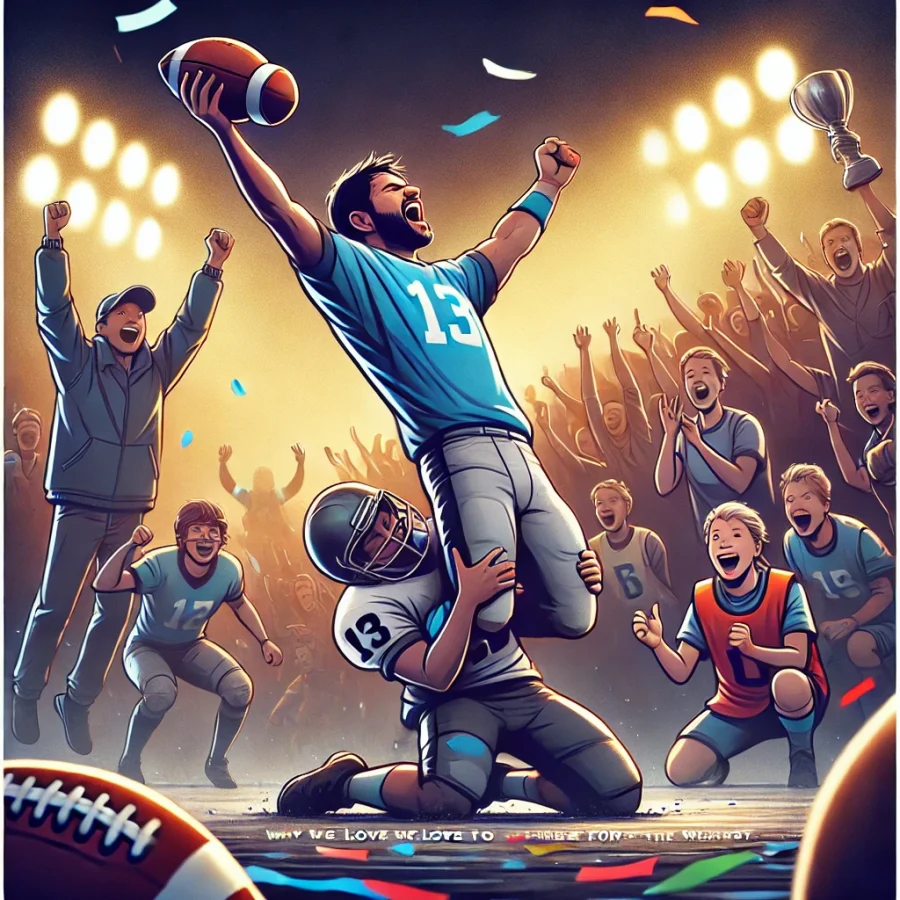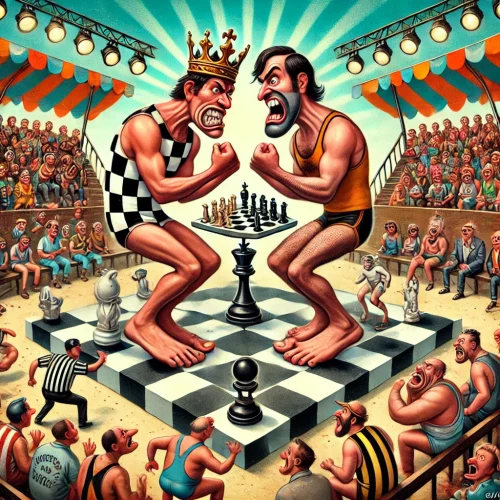Sports have always been about competition, dominance, and victory. Yet, time and again, fans across the world rally behind the underdog—the team or athlete least expected to win. This universal fascination with the weaker competitor is deeply rooted in psychology, social dynamics, and even evolutionary history. But why do we instinctively support the long shot? What emotional and cognitive mechanisms drive this tendency?
The Underdog Effect: A Psychological Perspective
Psychologists have long studied why people are drawn to underdogs. One of the most widely discussed concepts is the underdog effect, where individuals develop a preference for those at a disadvantage. Studies suggest that this bias stems from deep-seated psychological mechanisms, including empathy, justice sensitivity, and a natural inclination to root for fairness. When an underdog defies expectations, it evokes a sense of inspiration and triumph that resonates with human emotions.
Empathy plays a critical role in this preference. Watching a team struggle against a powerhouse opponent triggers emotional engagement. Neuroscientific research indicates that witnessing struggle activates brain regions associated with personal experiences of hardship, leading fans to connect with the underdog’s narrative on a personal level.
The Power of the Narrative
Humans are hardwired to appreciate compelling stories, and sports provide some of the most dramatic narratives in modern culture. The classic David vs. Goliath dynamic captivates audiences because it aligns with timeless storytelling structures. A weaker opponent defying all odds taps into a deep-seated cultural belief that effort, resilience, and perseverance should be rewarded.
Historically, some of the most memorable moments in sports have been underdog victories. Think of Leicester City’s miraculous 2016 Premier League win or the U.S. hockey team’s “Miracle on Ice” at the 1980 Olympics. These triumphs remain iconic because they represent more than just wins—they symbolize hope, persistence, and the idea that anything is possible.
Social Identity and the Desire for Fairness
Supporting the underdog is also linked to social identity theory. People who feel disadvantaged or marginalized in their own lives often see their struggles reflected in underdog teams. Cheering for an underdog becomes a way of expressing solidarity with the idea that hard work should be rewarded, regardless of status.
Additionally, humans have an innate sense of fairness. When a strong team is perceived to have unfair advantages—whether financial, institutional, or based on past dominance—fans naturally lean toward the weaker opponent. This is why powerhouse teams like Real Madrid, the New England Patriots, or the Golden State Warriors often generate as many detractors as they do supporters.
The Underdog Bias in Sports Betting
Interestingly, the underdog effect also influences sports betting. Studies show that bettors frequently place money on underdog teams, even when statistical probabilities favor the favorite. This cognitive bias leads many to believe that an unexpected upset is more likely than it actually is. Sportsbooks understand this tendency and often adjust odds accordingly to capitalize on emotional betting patterns.
However, there is also a strategic component to betting on underdogs. Since public sentiment often inflates odds on favorites, experienced bettors look for value bets, where the probability of an underdog victory is higher than the odds suggest.
Cultural and Historical Influence
The preference for underdogs varies across cultures. In Western societies, where individualism and self-made success are celebrated, underdogs symbolize the idealized notion of rising above adversity. In contrast, cultures that emphasize collectivism and hierarchy may be less inclined to favor the weaker competitor.
Historically, underdog support has also played a role in political and social movements. From civil rights struggles to revolutionary uprisings, people often align with the perceived weaker group fighting for justice. This broader societal trend reinforces why, in sports, the underdog narrative resonates so strongly.
Conclusion
The love for underdogs is far more than just a sports phenomenon—it’s a deeply ingrained aspect of human psychology. Whether driven by empathy, narrative appeal, or a desire for fairness, fans continue to be captivated by the struggle of the weaker competitor. And as long as sports exist, there will always be an underdog story waiting to be written—one that reminds us that, sometimes, the impossible is possible.



